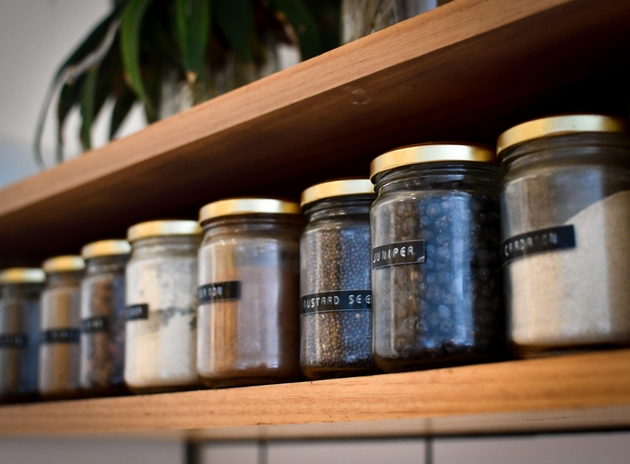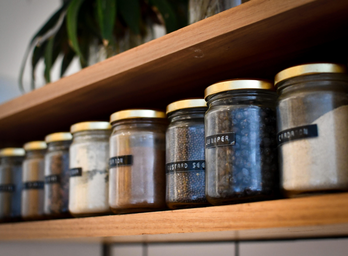So you’re looking to be a bit more eco-conscious, but you’re just not sure where to start. You’ve seen those trendy zero-waste influencers on social media with their mason jars and reusable grocery bags, and the task just seems a bit too daunting to even know where to start. Fear not; going zero waste is not an overnight experience. It takes time and discipline but can yield great results if you truly put your mind to it.
Here are 5 tips to help you get started towards a zero-waste lifestyle.
1. Switch to Oat Milk
If both cow milk and almond milk negatively impact the environment, what milk should we drink? A 2018 study by researchers at the University of Oxford showed that producing a glass of dairy milk results in almost three times more greenhouse gas emissions than any plant-based milk and requires nine times more land than any of the milk alternatives. Because oats are grown in cooler climates such as the northern US and Canada, they are therefore not related to negative environmental impacts such as deforestation in developing countries. Plus, oat milk can be just as tasty as cow or almond milk, depending on your preference!
2. Bring Your Own Bottle
If you’re as busy as I am, you often need to bring a water bottle with you to stay hydrated throughout the day. Rather than using a plastic water bottle that could end up in the trash, swap your Poland Spring for a reusable water bottle! They are cheap, convenient, and could save you more than $1,000 a year instead of buying plastic!
3. Repurpose glass jars after they are emptied
Rather than recycling those empty tomato sauce jars, wash them out and use them for food storage! They can come with you to the grocery store and act as a container for rice, pasta or other foods. Plus, the aesthetic of matching jars in your pantry is unmatched.
4. Choose to shop second-hand rather than buying brand new
There are a lot of sustainable brands out there, but the fact is that the fashion industry is the second-largest polluter in the world, just after the oil industry. Shopping second-hand is one of the most impactful ways to reduce pollution caused by clothing manufacturing. Try out your local thrift store or a garage sale in your area – chances are, you’ll come back with some really cute finds!
5. Opt for a reusable grocery bag instead of plastic bags
This may seem like an obvious one, but plastic shopping bags are still a huge problem, even with the rise in use of reusable ones. The biggest issues are environmental damage, pollution, damage to wildlife and natural habitats, and harm to human health. The consistent use of reusable shopping bags – whether you’re at Target or the grocery store – can reduce the carbon footprint of plastic! They can be used hundreds of times, and if used consistently enough, can help make a difference in the amount of waste produced per person each year.
Going zero waste is a commitment that requires discipline and effort, but you have the power and ability to make a huge difference in the world around you simply by making small changes to your everyday way of life.



